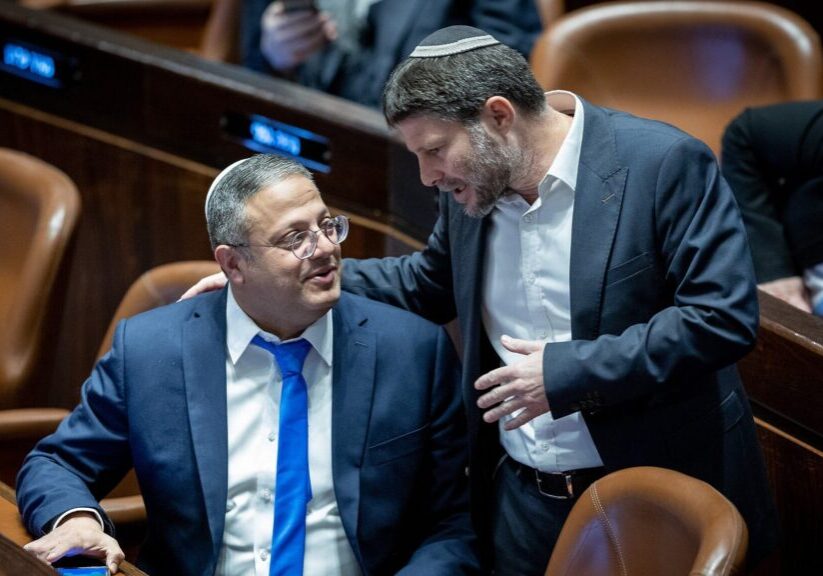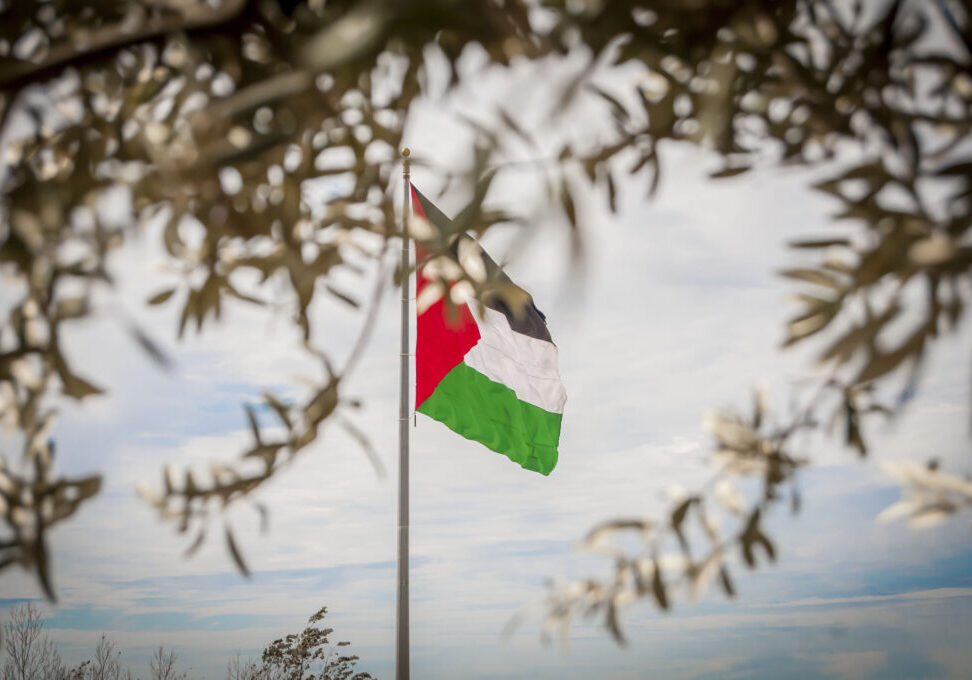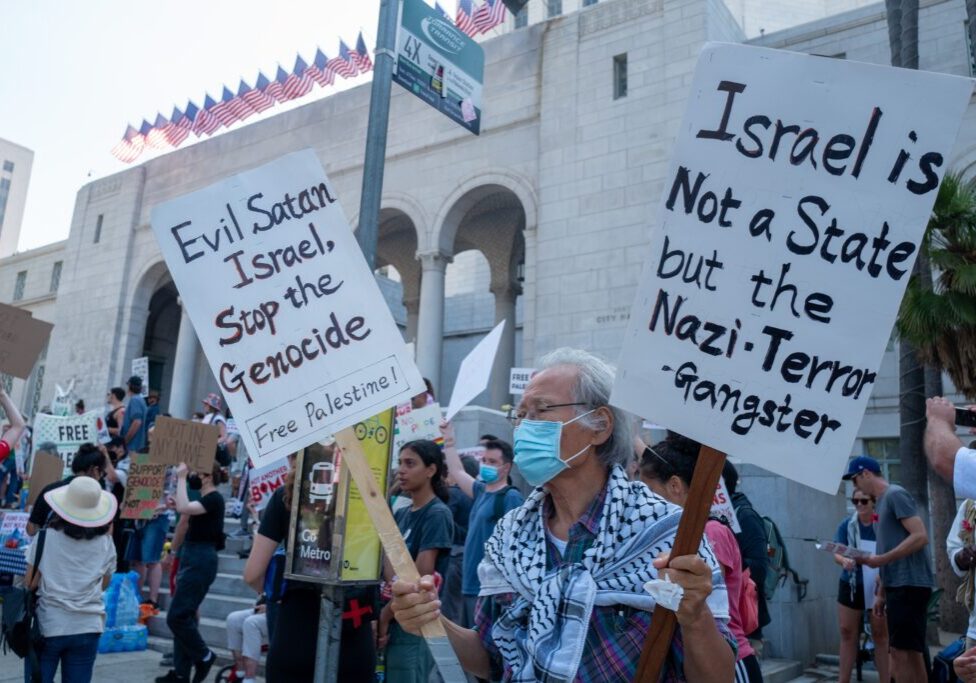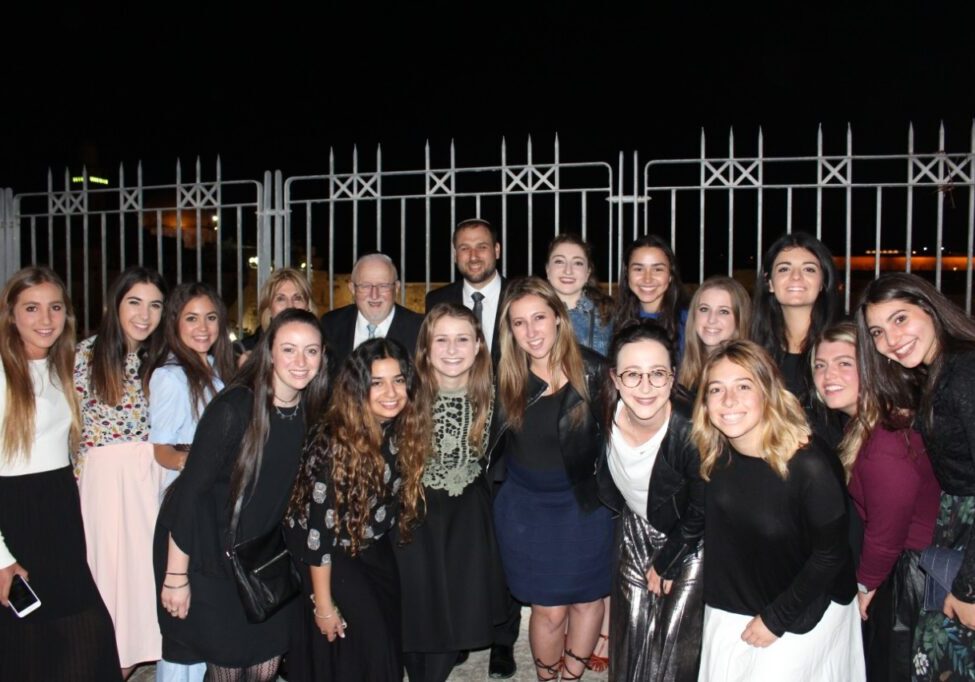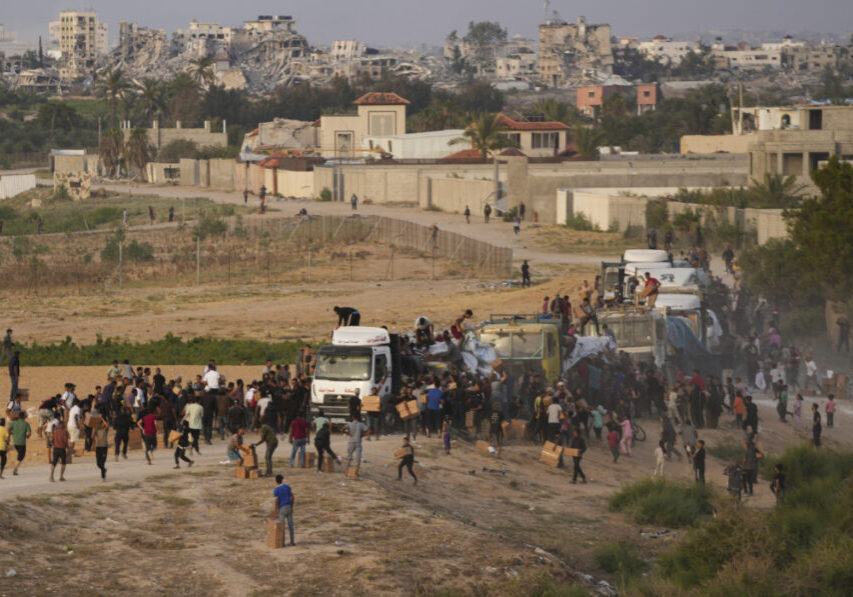Australia/Israel Review
Hate in the Classroom
Nov 6, 2019 | Sharyn Mittelman
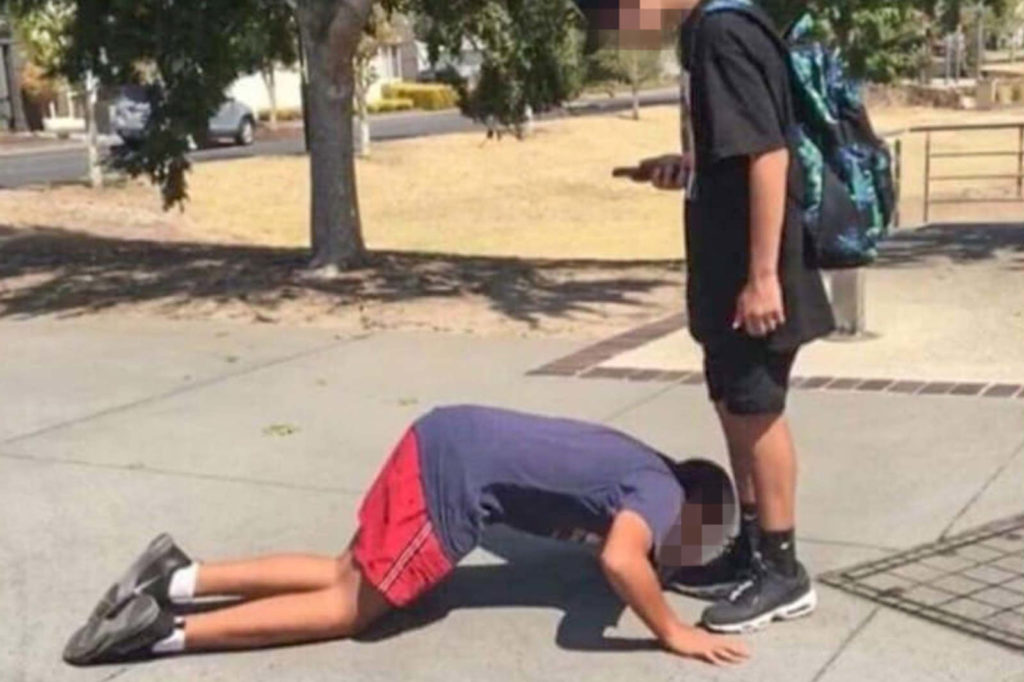
Addressing antisemitism in schools
What more can be done to counter antisemitism at schools? That question reverberated around Australia this past month after published reports of two separate incidents of appalling antisemitic bullying in Victorian schools.
In one case, a five-year-old boy at Hawthorn West Primary school began wetting himself in class rather than use the school toilet, because for months he had been taunted about being circumcised, and was called a “Jewish cockroach” among other antisemitic comments. In the other case, a 12-year-old Jewish student at Cheltenham Secondary College was subjected to antisemitic bullying after being identified as Jewish. He was invited by a group of students to play football at a park after school, which ended up being a pretext for humiliating him – forcing him to kiss the feet of a Muslim student or face being assaulted by the whole group. Following this, the group continued a campaign of antisemitic harassment for weeks. One boy was later suspended for five days for physically assaulting the Jewish student at the school. Meanwhile, a 16-year-old has been charged with stalking offences after allegedly verbally abusing the Jewish boy’s mother.
While these incidents were shocking, even more disturbing were the responses from the principals of the schools concerned and the Victorian Department of Education and Training. According to the Australian Jewish News, in both cases, the parents said the schools were unwilling to treat the incidents as examples of antisemitism. In the incident involving Cheltenham Secondary College students, the school refused to address the harassment because it happened outside of school grounds.
In response, Victoria’s Education Minister James Merlino ordered a review into the way the two schools handled these cases.
Meanwhile, federal Treasurer Josh Frydenberg called for lessons on the Holocaust to be included in the Australian curriculum.
Holocaust education is already included in the Australian National Curriculum for History, which all states and territories are expected to use as their guide. However, only NSW has made teaching the Holocaust mandatory as part of year 9 and 10 history, while in all other states and territories it is currently optional.
However, even in NSW, research suggests all may not be what it seems. According to Professor Emirata Suzanne Rutland OAM, former Chair of the Department of Hebrew, Biblical & Jewish Studies in the Faculty of Arts and Social Sciences at the University of Sydney, “Greg Keith, one of our doctoral students in our department at the University of Sydney, has been conducting a research project into the teaching of the Holocaust in New South Wales. Seventy teachers answered his request to complete his on-line questionnaire administered through the NSW History Teachers’ Association. He has found that around 15% of teachers/schools did not include the Holocaust in their teaching, despite [it] being mandatory for Years 9 and 10 history.” She added, “Teachers’ commitment depends on their knowledge base, so effective professional development is needed for teachers to be able to educate about the Holocaust.”
The Australia/Israel Review asked Professor Rutland, along with other local experts Lisa Phillips, Director of Education at the Jewish Holocaust Centre (JHC) and veteran Jewish educator Suzanne Hampel OAM, Co-President of the JHC, what more can be done to counter and reduce antisemitism in schools.
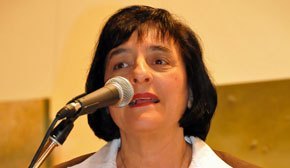
Prof. Suzanne Rutland
Professor Rutland said, “My research with my Israeli colleague, Professor Zehavit Gross of Bar-Ilan University, has demonstrated that antisemitism is an endemic problem within pockets of the Australian population and so is reflected in government schools. The challenges in dealing with this problem are manifold. Firstly, while schools do have official policies in place in terms of racism, these are often not implemented or followed up because of the pressures on teachers’ time. Secondly, we have found an institutional problem of denial, also manifested in the most recent incidents, where the school leadership initially denied that the incidents were an issue of antisemitism. Excuses then are given, such as ‘this is just part of the overall problem of bullying in schools’, thereby ignoring the specific issues relating to antisemitic bullying.”
She continued, “We also found such bullying can relate to the actions of left-wing teachers penalising Jewish students, particularly if they take a pro-Israel position, again with denial and without any follow-up from the school leadership. To overcome these problems Australian departments of education and the school leadership need to acknowledge that there can be a specific problem of antisemitic bullying in schools; both the leadership and the teaching staff need more professional development to deal with this issue; and they need to be more effective in implementing policies to counter antisemitism and racism – not just leaving them on the books, without effective implementation.”
She added that, “as acknowledged by researchers, including the most recent UN Report [on antisemitism compiled by Dr. Ahmed] Shaheed, there are three forms of antisemitism today: the alt-right, the radical anti-Israel left and Islamic extremism. Each of these forms can manifest differently with different school populations and needs a different approach.”
Lisa Phillips of Melbourne’s JHC suggested, “To counter antisemitism, one needs to understand what it is. Australian schools need to ensure that their staff receive professional development to fully appreciate and understand the nuance of antisemitism before they are equipped to manage it within the school environment. To challenge the ‘stereotypes’, any cross-cultural activities with Jewish organisations, particularly through the wonderful programs offered at the Jewish Museum of Australia or Sydney Jewish Museum, would be beneficial.”
As to whether education on the Holocaust should be compulsory at all Australian schools, Ms Phillips replied, “We would like to see the Holocaust education become mandatory. Without this, it can be easily overlooked. It needs to be embedded in the curriculum for it to have context and meaning.”
However, Ms Phillips cautioned: “Holocaust education in isolation is not a panacea to prevent racism and prejudice, nonetheless it contains vital lessons to build the foundations of a more accepting and inclusive society. A visit to the Jewish Holocaust Centre can be the most powerful and memorable excursion experienced by the students in their school year, because they learn directly about the most vile horrors that came out of a racist ideology, as it was perpetrated on these elderly people standing before them. They learn how the Holocaust began with words and hopefully they make the link to the dangers of casual antisemitism and racism in society today. Further to this, they learn about how the survivors overcame adversity and how they value more than anything being part of an inclusive, democratic society.”
The JHC in Melbourne receives around 300 school visits annually and is being redeveloped to meet increasing demand.
Ms. Hampel, a member for the Australian delegation to the International Holocaust Remembrance Alliance (IHRA) specifically focussed on education. She also believes that Holocaust education could help counter antisemitism in schools but warned, “we do not want Shoah education to be about Jews as victims, so it is important to balance the way that the Holocaust is taught. Teacher training is essential so that teachers know how to teach the Holocaust.”
Professor Rutland, also an Australian IHRA delegate, said Holocaust education is important “in terms of the Holocaust being the symbol of ultimate evil and demonstrating the threat that racism creates for human kind.”
Discussion over whether education on the Holocaust should become mandatory is timely given that Australia was accepted as an IHRA member in June. One of the requirements of membership is to commemorate the Holocaust, and schools will be encouraged to hold events to remember the Holocaust and other genocides.
According to Professor Rutland, a pilot program on Holocaust remembrance ran in November 2018 with 12 schools, and a national Holocaust Memorial Week is planned for May 2020. Moreover, while Australia is now an IHRA member it has yet to officially adopt the IHRA definition of antisemitism. Professor Rutland explained, “This would be another important step in terms of combatting antisemitism at all levels of society.”
The recent antisemitic incidents appear to have exposed a wider problem – the failure to effectively handle complaints as well as a lack of widely-implemented and successful strategies to encourage an appreciation of religious and cultural diversity. The experts appear to agree that Holocaust education can help, but it is not enough on its own. However, Holocaust education has considerable merit in its own right, they noted – not only to learn about history, which becomes even more important as survivors pass away, but also to teach valuable lessons about racism, mutual respect and the value of democracy.
Given that education on the Holocaust is already included in the National Curriculum, there appears to be a strong case for all states and territories to follow NSW’s lead and make such education mandatory, especially now that Australia is a member of the IHRA.
Tags: Antisemitism, Australia


